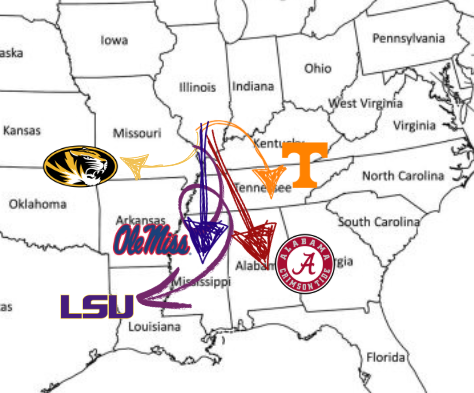Consumers Ed: Is it too Late?
October 8, 2015
At EHS the senior class is required to take Consumer Education to graduate. This class helps students learn the basics of being a consumer as well as things that are needed in every day adult life. The only problem is that for the most part we, as seniors, needed to learn this information before our final high school year.
In the EHS course handbook it defines Consumers Ed and says it “provides training in insurance, buying, credit buying, banking activities, investments, budgeting and decision-making.”
Filling out a W-2 and W-4 isn’t something every senior has already done by the time they are ready to graduate, but for the ones that have it would have been helpful to learn the necessities before they got their first job and had to do it cluelessly.
Throughout Consumers Ed students learn different things like taxes, how to write a check and even the smart way to purchase their wants and needs. But by the time some seniors take the class, they are adults and have already had to learn the hard way, without someone there to help them practice.
“I think that it is better that they require it as a senior because it will be more fresh in our mind when we go off on our own after high school,” senior Taylor Sneed said.
Senior Hanna Radford thinks that the class is good for seniors, also.
“I think it’s very useful for my life and it helps me prepare for college,” Radford said.
After about a quarter through the school year Radford realized that the class is helpful for her senior year because it helps her realize what the real world will be like, and it gets her ready for it. But why not take it earlier in high school so students can prepare earlier?
It would be more helpful to have the class be a freshman or sophomore year requirement because at that time students will begin searching for jobs and making their own purchases, some small and some big. Consumers Ed helps students learn what is the right and wrong way to spend and save money, which helps any student who makes even a little bit of money.
The fact that some of us already know all of the information in the class makes it difficult to pay attention and keep our focus throughout the semester. Some of the topics are more advanced, like stock exchanges, but still need to be taught to younger people so they are not blindsided when the real world puts a W-4 in front of them and they have no idea what half the words say.











